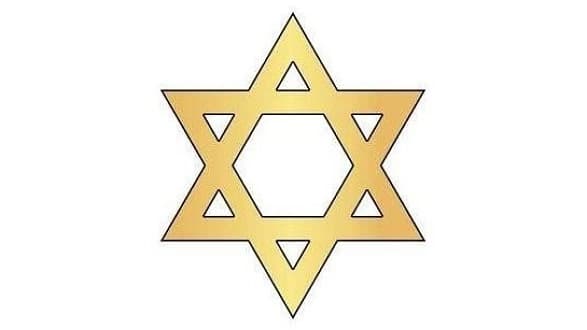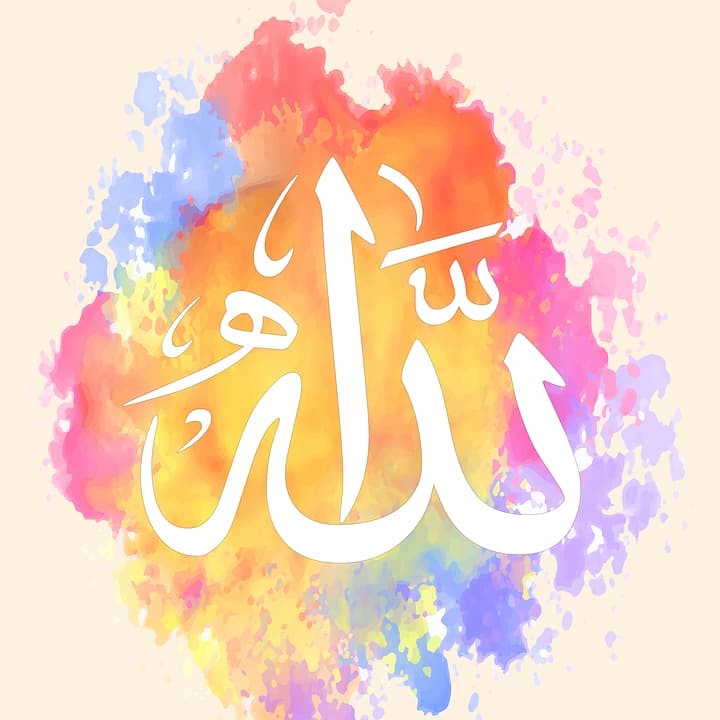Israel and Pakistan, two countries with rich histories and unique cultures, are geographically close to each other but have developed their own distinct cultural landscapes due to their different religious, political and social backgrounds. Understanding and appreciating those cultural differences is essential to improving understanding of the two countries, promoting interregional dialogue and cooperation, and contributing to peace and stability in the world.
Main cultural elements
In Israel, the main religion is Judaism, which has had a profound impact on Israeli culture. Jewish values and teachings have shaped Israeli's national character, customs, and moral values. For example, Judaism emphasizes the importance of fearing God, prioritizing learning, and cherishing family and community values. These elements are reflected in Israeli culture, including language, food, music, and traditional celebrations.

In Pakistan, the culture is predominantly influenced by Islam. Islamic teachings have formed the foundation of Pakistani's values, norms, customs, and moral standards. For instance, Islam promotes qualities such as honesty, justice, responsibility towards God, and the importance of respecting elders. These values play a significant role in Pakistani culture, shaping daily life, language, cuisine, art, and traditional practices.

Values
The values of Israel are centered on individual rights, innovation, and diversity. Israelis prioritize knowledge and education and place a strong emphasis on the importance of family and community. These values are reflected in Israeli society, influencing people's attitudes and behaviors.
On the other hand, Pakistani's values prioritize respect for elders, tradition, and the importance of family. In Pakistan, collectivism is valued over individualism; harmony in interpersonal relationships is stressed; and respect for the rights of others is considered crucial. These values shape Pakistani society, influencing interpersonal interactions and social norms.
Social Norms
Israelis tend to communicate directly and honestly, preferring a direct approach when expressing their thoughts and opinions. In social settings, they value punctuality and efficiency. However, when it comes to expressing gratitude or apologies, they tend to do so through actions rather than words.
In contrast, Pakistanis place a strong emphasis on politeness and respecting others. In communication, they tend to express themselves indirectly, often reserving their opinions until asked directly. Although efficiency is valued in daily life, Pakistanis prioritize considering emotional and personal factors when dealing with interpersonal relationships. When it comes to expressing gratitude or apologies, they tend to do so directly.
Art Forms
The art of Israel is diverse and rich, ranging from the choirs of Jewish synagogues to performances by Israeli modern dance companies to award-winning films produced in the country. Israeli music, in particular, has been influenced by Jewish tradition, such as during religious services in synagogues or folk music like that of the Israeli-Jewish community. Additionally, the Israeli film industry has gained international recognition for its unique contributions to cinema. Israeli films often delve into societal issues or depictions of war experiences.
On the other hand, Pakistani art is heavily influenced by Islamic culture. From classical music to folk dance performances to Islamic-inspired architectural wonders like mosques, Islamic institutions such as madrasas (religious schools), and royal courts—all embody the rich cultural heritage of Pakistan. Traditional Pakistani dance performances like the Sufi devotional dance—such as the Sama’—are particularly popular. The country's craftsmanship is also renowned for its intricate wood carvings and traditional techniques passed down through generations.
The cultural differences between Israel and Pakistan are deeply ingrained in their religious, historical, and social backgrounds. Although there are many disparities between the two cultures, there are also significant overlaps such as the emphasis on family values and community spirit. A deeper understanding of these cultural differences is essential for fostering mutual understanding between the two nations and promoting peace and stability in the region.


